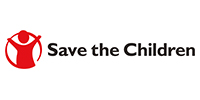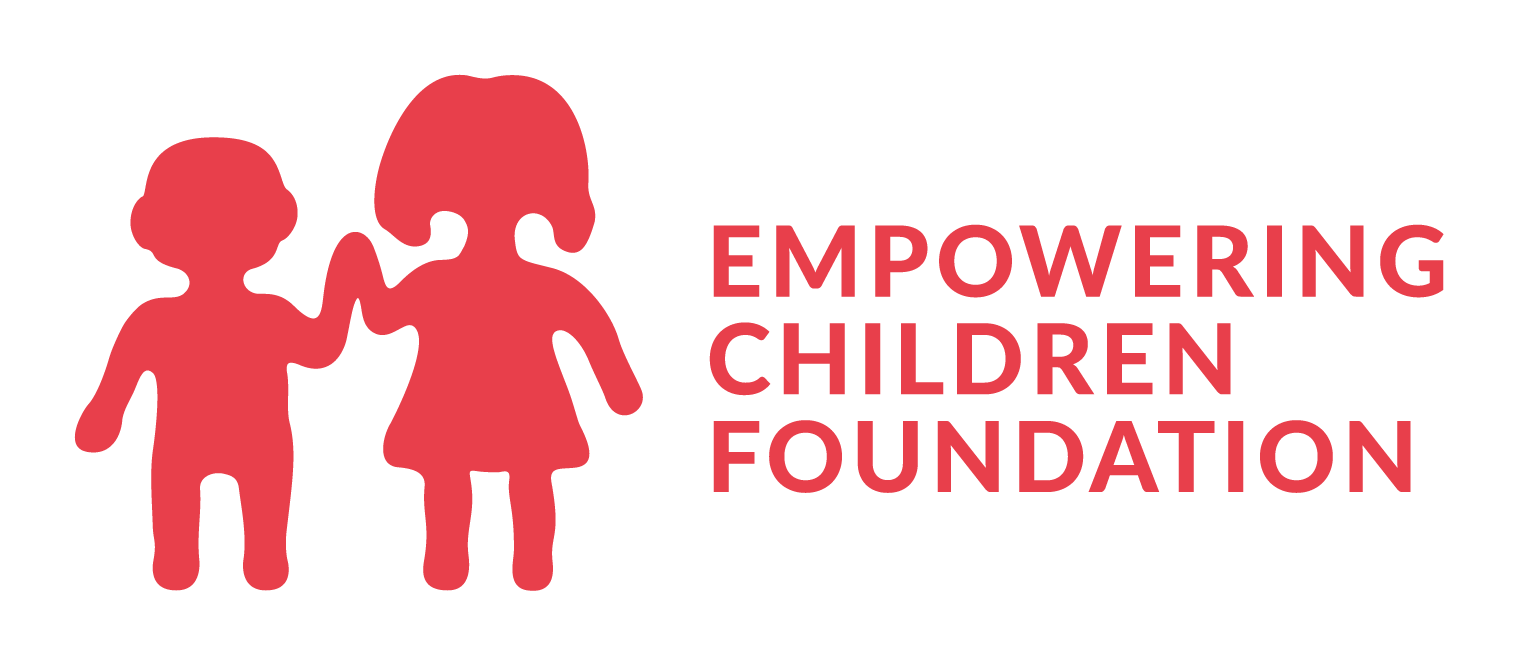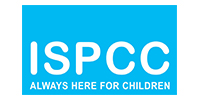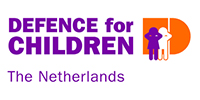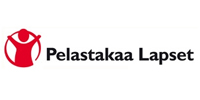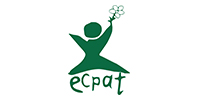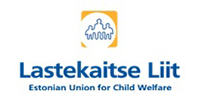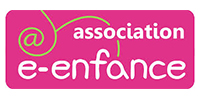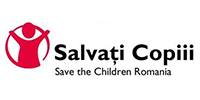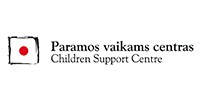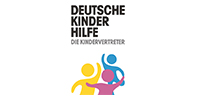ROBERT International Conference in Berlin
August 2, 2012On 23 and 24 May 2012, the final international conference on the EU study ROBERT was being held in Berlin.
Over the last two years this study has carried out a qualitative survey of how children become victims of abuse on the Internet and how they can be protected better on the web. Young respondents from the focus groups believe that age, gender and low self-esteem are special risk factors. Thus, children are more at risk if they use the Internet at a younger age, girls are far more at risk than boys, and weak, insecure children are especially at risk of becoming victims of sexual attacks. These risk factors do not stop at national borders. The remedies which are demanded by young people are also the same throughout Europe: European young people want intensive media competence teaching in schools. Protection is also offered by trusted adults who regulate the children’s access to the Internet and are informed about what happens on the Internet. Thus, the EU study ROBERT scientifically underlines what victim protection organisations have been demanding for a long time.
Julia von Weiler, a graduate psychologist who is the director of the German child protection organisation Innocence in Danger, provided academic support for the study in Germany. She demands: “It is time for child protection to be taken far more seriously on the Internet, and it is high time for media competence to be taught in schools. Once on the Internet, always on the Internet. The infinite and uncontrollable dimensions of the Internet and the associated risks are difficult for children and young people to appreciate. Responsible and trusted adults must not leave them alone in this area.”
The survey of numerous affected persons aged between 12 and 18 in seven countries also showed that children and young people carelessly experiment with their self-portrayal on the Internet, and that they try out online how they come over to other people. They engage in sexually suggestive dialogues with romantic and naive ideas, and they gradually forget their natural suspicions. Then they realise, much too late, that they are no longer in control of the situation, and they feel that they are completely in the hands of the perpetrators. Dr Ethel Quayle, a senior lecturer in Clinical Psychology at the University of Edinburgh in Scotland, explains: “The affected children and young people are terribly afraid of where, when and to what audience the perpetrators will publish their images.”
Innocence was grateful as a partner of the European ROBERT research to be co-host of the final conference in Berlin. Read more here
Apart from that IID Germany conducted prevention programs for more than 600 children and adolescents since August 2011. “Smart User Peer2Peer Prevention” as well as the interactive preventative adventure “Offline” are well received by children and adolescents and we are aiming at continuing as well as broadening these programs. “Smart User Peer2Peer Prevention” also received an award as being highly innovative from the German “Alliance for Children. Against Violence”.

 Funded by the European Commission
Funded by the European Commission